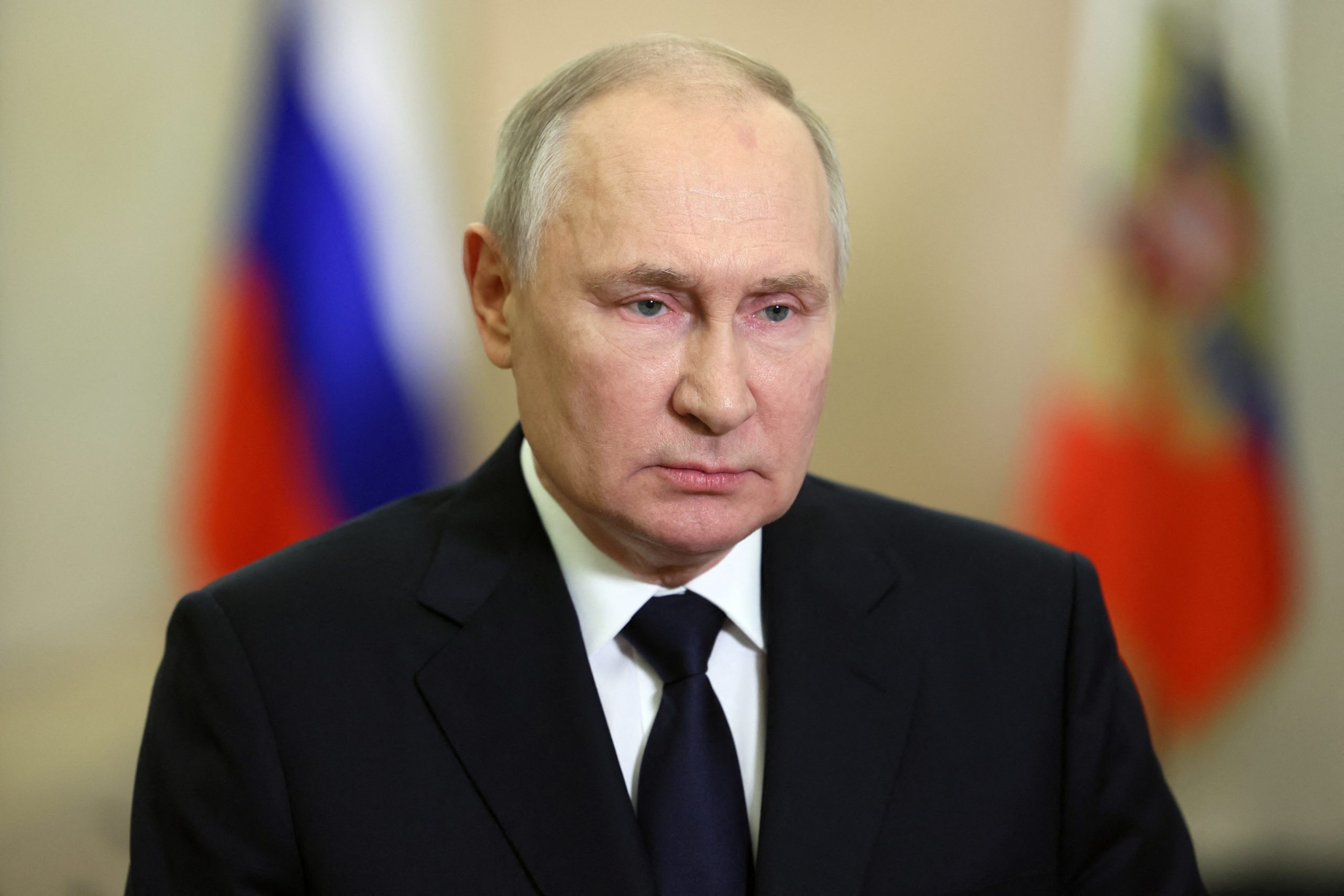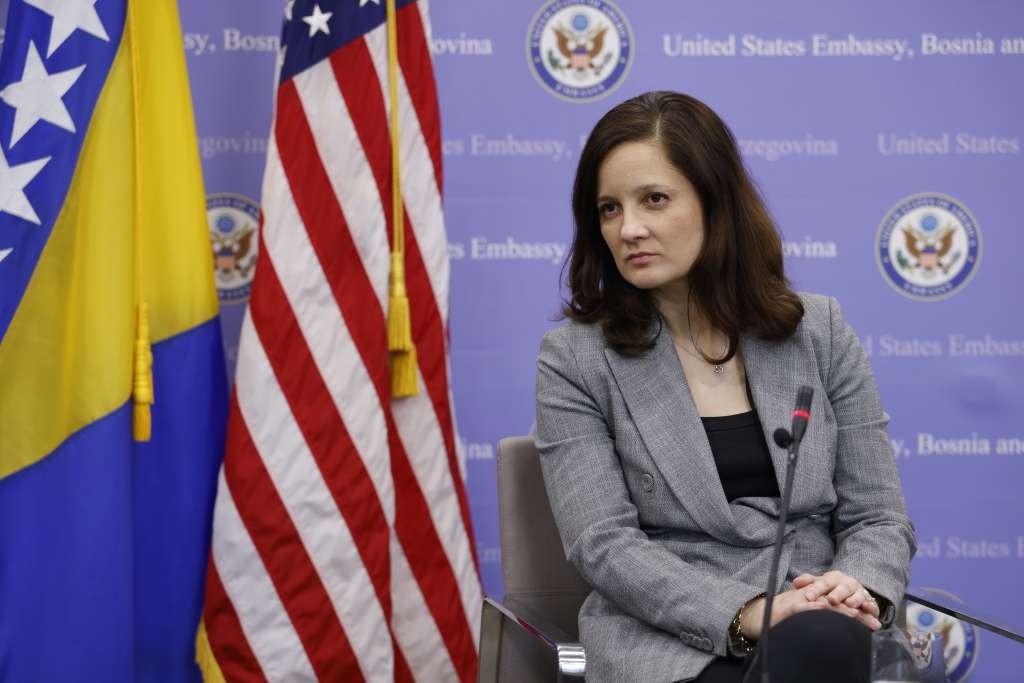Following recent discussions with Indian officials, US authorities are shifting their focus to tackling Russia’s circumvention of Western shipping and insurance services to export crude oil.
This initiative is part of the ongoing efforts under the price cap strategy initiated in December 2022, which aims to curb Russia’s oil revenue without disrupting the global oil supply.
US Assistant Secretary for Economic Policy Eric Van Nostrand and Acting Assistant Secretary for Terrorist Financing Anna Morris emphasized the significance of maintaining oil flow while reducing the profits funneled to Russian President Vladimir Putin‘s regime.

This stance was clarified during their visit to the Ananta Centre, where they reassured that the US does not seek to press India into reducing its Russian oil imports but aims to minimize Putin’s financial gains from these transactions.
The US has observed Russia’s development of a “shadow fleet” – a network of maritime operations designed to bypass sanctions and continue oil exports without relying on Western services. This move by Russia is seen as a reallocation of resources away from military engagements in Ukraine, with funds being directed toward maritime logistics instead of military hardware.
In response to Russia’s invasion of Ukraine, Western nations had urged India to refrain from purchasing Russian commodities at discounted rates. Despite this, India has increased its Russian oil imports, with Russia surpassing traditional suppliers like Saudi Arabia and Iraq.

Indian officials have justified this by highlighting the need for affordable energy despite global market fluctuations. However, payment methods for these purchases have posed challenges, with significant funds accumulating in Russian accounts within India.
Despite inquiries, US officials remained non-committal on India’s payment methods for Russian oil, such as potentially using currencies like the UAE dirham. They noted, however, that the $60 per barrel price cap primarily targets transactions involving Western shipping or insurance services.
The enforcement of the price cap has been intensified, with the US Treasury Department taking steps to sanction entities exceeding the cap, including Russia’s state-owned shipping company Sovcomflot.
The second phase of the price cap policy further isolates Russia from Western financial and logistical services, compelling it to either adhere to the cap or offer steeper discounts to non-coalition buyers.
This strategic approach aims to balance the need for global oil market stability with the imperative of reducing Russia’s war chest, illustrating the nuanced diplomacy and economic measures needed to address geopolitical challenges.


